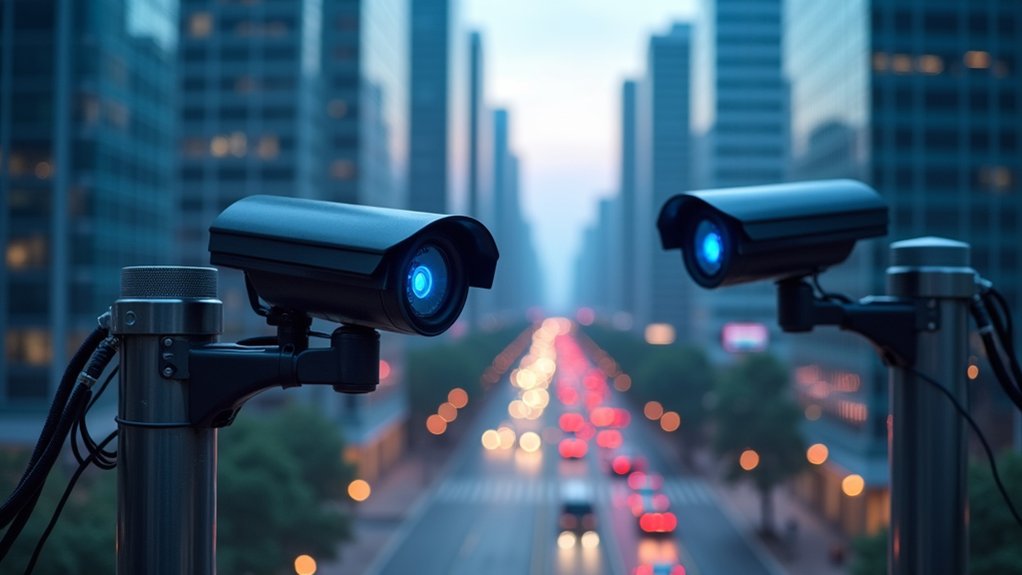Every click, search, and interaction across digital platforms creates a permanent trail of data that collectively forms an individual’s digital footprint. This extensive record encompasses both active contributions, such as social media posts and online form submissions, and passive collection through cookies, geolocation tracking, and background analytics. The distinction between these categories determines the level of control users maintain over their personal information.
Digital footprints, often termed “digital shadows,” persist indefinitely across internet infrastructure. Active footprints include intentional sharing through social media updates, online reviews, and public forum participation. Passive footprints accumulate without conscious user input, as websites collect browsing patterns, IP addresses, and device information through hidden tracking mechanisms. Both categories contribute to detailed profiles that organizations use for marketing, surveillance, and decision-making purposes. The rise of IoT devices has significantly expanded these digital shadows through constant data collection and transmission.
Digital shadows persist indefinitely across internet infrastructure, creating detailed profiles through both intentional sharing and hidden tracking mechanisms.
The scope of digital footprint data extends beyond typical online activities. Biometric information, payment details, search histories, and metadata from photos create extensive personal profiles. Public records, including voter registrations, property ownership, and legal filings, become searchable components of individual digital identities. Health and fitness applications collect sensitive personal information, while online shopping and banking transactions log detailed behavioral patterns.
These persistent data trails present significant security and privacy concerns. Data brokers aggregate footprint information to build targeted advertising profiles, while cybercriminals exploit exposed information for identity theft and fraud. Leaked credentials and sensitive data frequently appear on dark web marketplaces, elevating financial and personal risks. Particularly concerning is medical identity theft, where personal information may be exploited for unauthorized medical treatment, complicating personal health management.
Employers and educational institutions increasingly examine digital footprints during evaluation processes, potentially affecting career and academic opportunities. Managing digital footprints requires proactive privacy measures and ongoing vigilance. Employee personal social media activity can also impact their organization’s reputation and brand image through professional associations.
Regular auditing of social media privacy settings, strategic use of VPNs and secure browsers, and implementation of cookie management tools can reduce passive data collection. Nevertheless, the aggregated nature of digital information means that complete erasure remains virtually impossible.
The permanent characteristic of digital footprints demands careful consideration of online activities, as today’s digital interactions create lasting records that continue influencing personal and professional circumstances long after initial publication.









